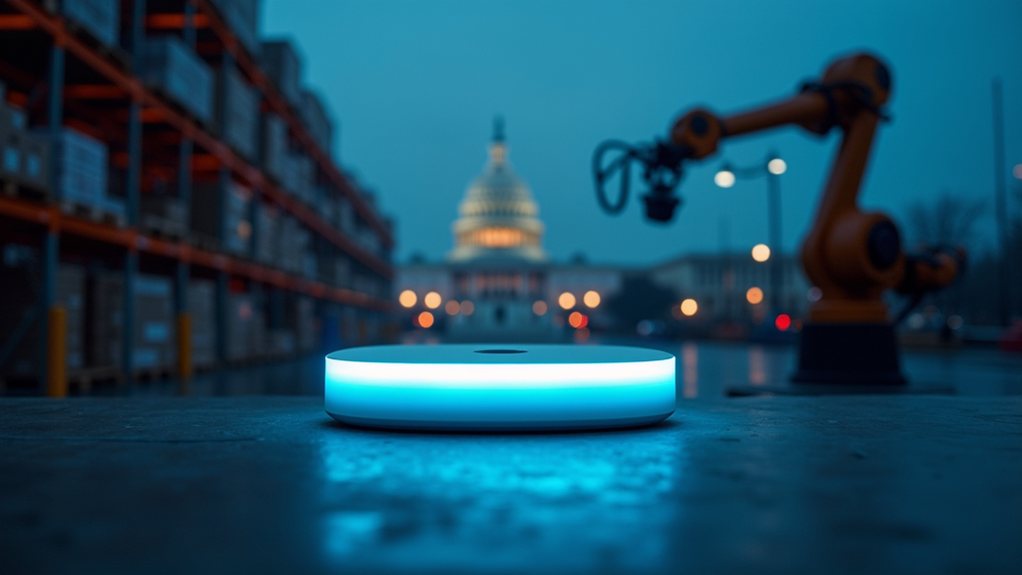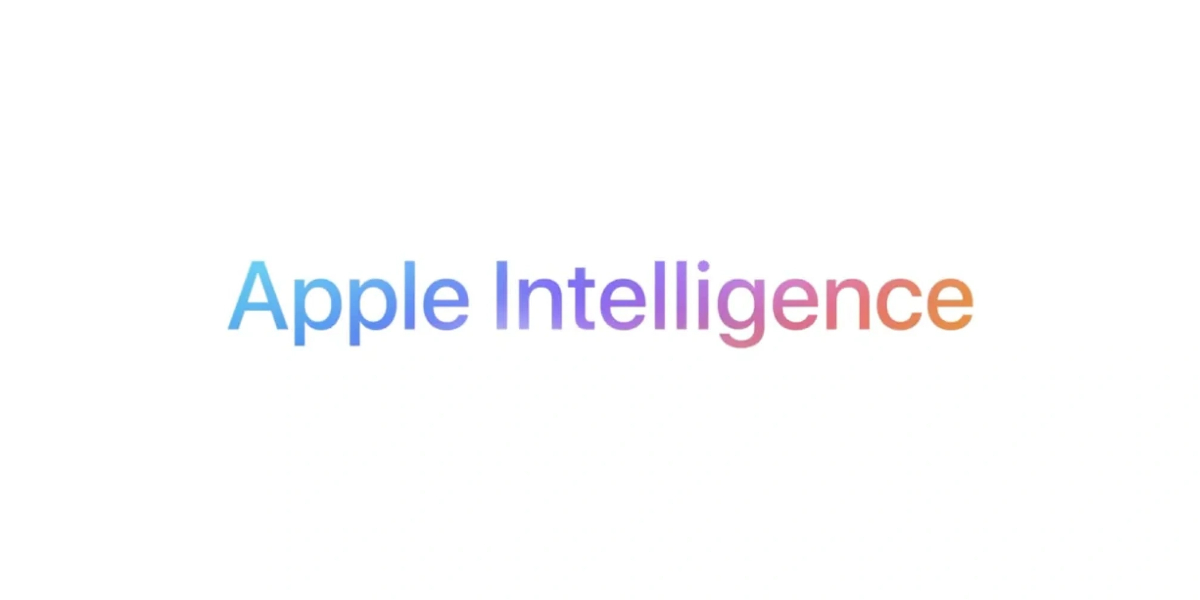The AI landscape has evolved into a high-stakes oligarchy, with tech giants carving specialized niches. Apple emphasizes privacy with on-device processing and Siri 2.0, while Amazon transforms warehouses with robot armies that boost profits by 45%. Meanwhile, Senate regulators crawl through deliberations as tech lobbyists work overtime. Google dominates healthcare AI, Microsoft owns corporate America, and Meta builds virtual worlds. The regulatory loopholes? Just icing on Big Tech’s algorithmic cake.
Every major tech company now has a dog in the AI fight, but none has managed to lap the competition entirely. The 2025 AI landscape resembles less of a monarchy and more of an oligarchy, with tech titans carving out their specialized fiefdoms across different verticals.
Apple continues its privacy crusade, doubling down on device-based AI processing that keeps your embarrassing Siri requests where they belong—on your iPhone, not some server farm in Nevada. Their approach might seem conservative compared to data-hungry rivals, but it’s clearly resonating with users who’d rather not have their digital lives mined like cryptocurrency. Siri 2.0 is set to dramatically improve with enhanced contextual understanding across Apple devices. Apple’s partnership with OpenAI addresses Siri’s limitations while they develop their own Apple Intelligence technology.
Meanwhile, Amazon’s warehouses look increasingly like scenes from *I, Robot*—minus the uprising, thankfully. Their army of fulfillment bots works alongside an AI ecosystem that predicts what you’ll buy before you even know you want it. Alexa has evolved from a weather-checking novelty to the centerpiece of millions of homes, silently plotting your next purchase while telling you dad jokes. With profit increases of up to 45%, Amazon’s AI investments are clearly paying dividends in operational efficiency.
Google dominates search and healthcare AI, while Microsoft has corporate America wrapped around its digital finger. Meta’s busy building AI for virtual worlds where you can escape the real one (ironic, considering they helped make reality so doom-scrollable in the first place).
The regulatory picture? Imagine a sloth racing a cheetah. The Senate continues its tradition of lengthy deliberations while AI development sprints ahead at breakneck speed. Tech lobbyists swarm Capitol Hill like ants at a picnic, ensuring any potential regulation comes with convenient loopholes.
This competitive fragmentation actually benefits consumers—for now. Each company’s need to differentiate means more innovation and less monopolistic behavior. Your smart home might be an awkward patchwork of competing ecosystems, but at least you’re not locked into a single AI overlord.
The question remains whether this balance of power will hold, or if one company will eventually crack the code to rule them all. Until then, enjoy the show as these digital gladiators battle for your attention—and wallet.









